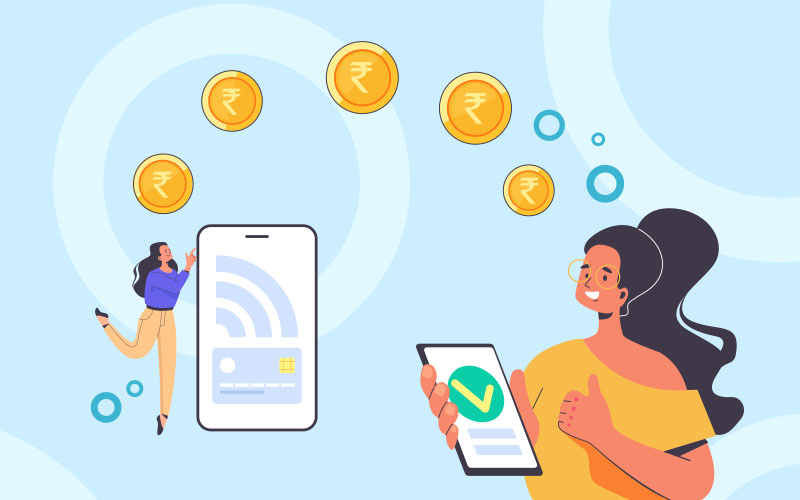In today’s digital age, opening an account online and using online fund transfers have become integral parts of our lives. The convenience of managing finances from anywhere at any time is unmatched. However, with this ease comes the responsibility of ensuring your online banking activities are secure. This article provides essential tips on staying safe while banking online, especially when opening an account and transferring funds.
Basics of Online Banking
Before discussing safety tips, it’s crucial to grasp the basics of online banking. Opening account online typically involves providing personal information, such as your name, address, and identification. Once your account is set up, you can use services like bill payments and fund transfers with just a few clicks.
However, online banking is not without risks. Cybercriminals often employ tactics such as phishing to gain access to your confidential information. Therefore, being aware of these risks and knowing how to mitigate them is essential.
Essential Tips for Safe Online Banking
Staying safe while banking online is crucial in the digital age. Here is an essential guide to securing your accounts and fund transfers online.
1. Change Your Password Regularly
When logging into your online banking account, you’ll receive a temporary password. The first step to securing your account is to change this password immediately. Make it a habit to update your password regularly. A strong password should mix letters, numbers, and special characters. Remember to keep this password confidential.
2. Avoid Public Computers
Using public computers, such as those in cyber cafés or libraries, to log into your bank account can expose you to security threats. These computers may have malware that can capture your login details. Clear the cache and browsing history afterward if you use a public computer. Better yet, stick to your devices whenever possible.
3. Keep Your Information Private
Your bank will never ask for sensitive information like your password through phone calls or emails. Always verify the authenticity of such requests. Use your login credentials exclusively on your bank’s official website, which should have a URL that begins with ‘https://’, indicating it is secure.
4. Monitor Your Account Regularly
After conducting online transactions, it is wise to check your account for accuracy. If you notice any unauthorised transactions or discrepancies, report them to your bank immediately. Regular monitoring can help catch potential fraud early.
5. Use Licensed Anti-Virus Software
Invest in reliable, licensed anti-virus software to protect your computer from malware. Free versions may not provide adequate protection against new threats. Keep your anti-virus software updated, enabling it to defend your personal information effectively.
6. Disconnect When Not in Use
Many users keep their internet connection active even when not in use, leaving them vulnerable to hackers. Disconnecting your internet connection when you’re not using it can protect your sensitive banking information.
7. Type Your Bank’s URL
Instead of clicking on links in emails, type your bank’s URL directly into the browser. Cybercriminals often send emails containing links to fake websites designed to look like your bank’s site. Always check for ‘https://’ in the URL to confirm its authenticity.
Conclusion
Navigating the world of online banking can be daunting, but following these safety tips can significantly reduce your risk of falling victim to cybercrime. Always change your password regularly, avoid public computers, and monitor your account closely.
With the right precautions, you can easily open an account and use online fund transfer safely. IDFC FIRST Bank offers a range of secure banking options to help you manage your finances with peace of mind. Stay informed and protect your financial future!

